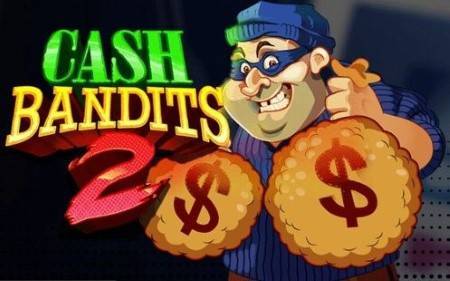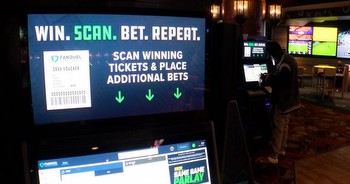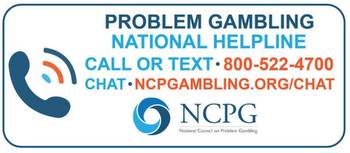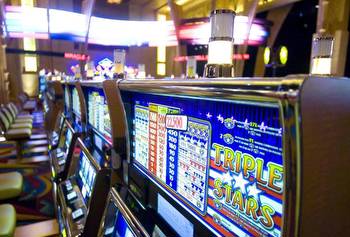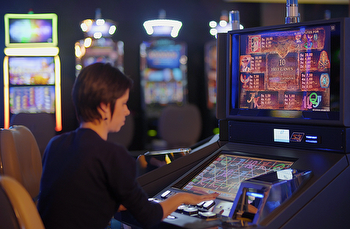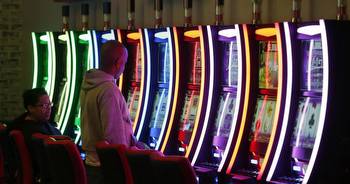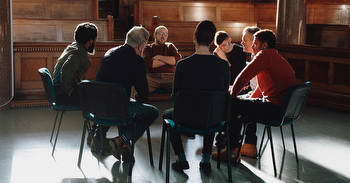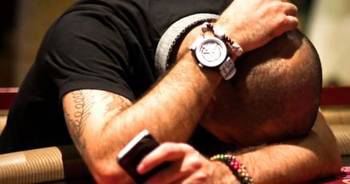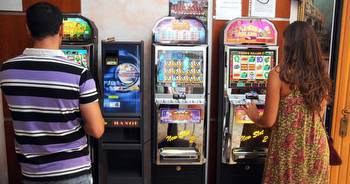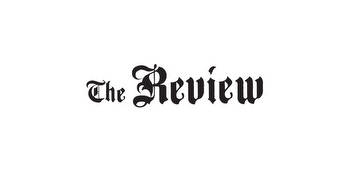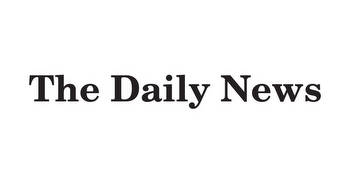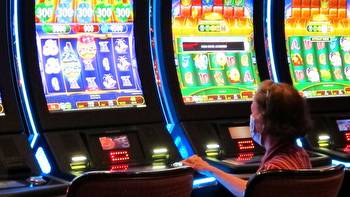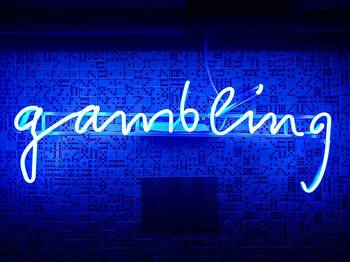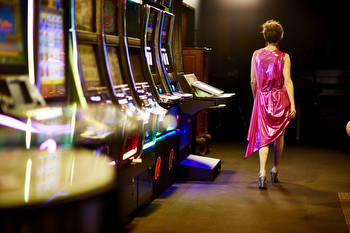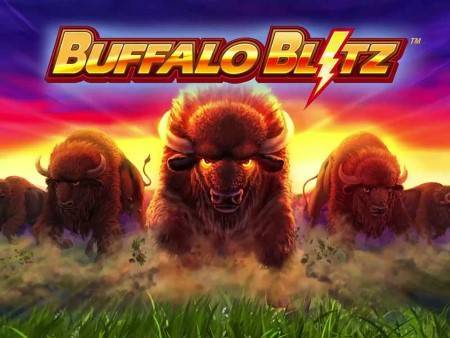Guest Editorial: Gambling problem? Free help is available
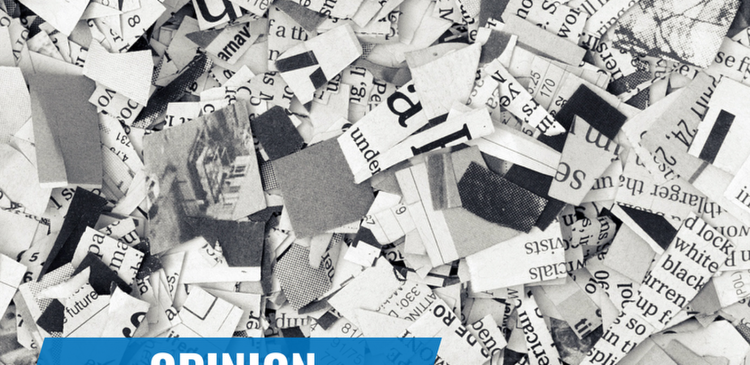
Are you spending way too much time and money gambling?
Does gambling distance you from family and friends?
Do you often end up maxing out your credit cards and savings while searching for that one lucky run at a casino?
Are you spending so much money on scratch-off tickets or pull-tabs that you’re struggling to pay your bills?
You’re not alone.
Approximately 56,000 Minnesotan adults are estimated to meet criteria for a gambling disorder. Another 200,000 meet the criteria for mild or moderate gambling problems and 10,000 Minnesota high school students indicate they are at-risk for a gambling disorder, according to the Minnesota Alliance on Problem Gambling.
The alliance and the National Council on Problem Gambling are working together to bring more awareness to the problem in March — Problem Gambling Awareness Month.
Problem gambling is defined as all gambling behavior patterns that compromise, disrupt or damage personal, family or vocational pursuits, according to the alliance.
The primary signs of problem gambling include preoccupation with gambling and loss of control over one’s gambling — such as continuing to gamble despite adverse consequences. Other signs of problem gambling include hiding the evidence of gambling, feeling bad about one’s gambling, and skipping out on family and friends to gamble, according to the alliance.
“Sometimes the gambling problem is transient and goes away. Sometimes it plateaus and maintains for years, and sometimes it progresses to catastrophic levels,” the alliance noted on its website, mnapg.org. “Regardless of the course, problem gamblers usually experience intense shame, financial strife, and family problems.”
The alliance pointed out that virtually anyone — men or women, young or old, and those from every religion, race and socio-economic background — is at risk for developing a gambling problem. They can play the horses, slots, the lottery, pull-tabs, cards and bingo.
Some compulsive gamblers commit illegal acts to support their gambling or to pay off gambling-related debts. Problem gamblers also have the highest suicide rate among behavioral addictions. The good news, the alliance emphasized, is that help is available and it works.
“Across Minnesota during Problem Gambling Awareness Month, Minnesota Alliance on Problem Gambling commits to making sure the public can recognize the signs of problem gambling and most importantly, the resources that are available for help,” said Susan Sheridan Tucker, executive director.
Sheridan Tucker said the focus this month is twofold:
- First, to encourage all healthcare providers to screen for problem gambling, a common co-addiction and often accompanied by depression or anxiety. By receiving an affirmative answer to one of the three screening questions, providers can take steps to seek out additional resources. “The co-morbidity rate is about 65% and we know many who are seeking treatment for substance use disorder or mental health issues are not being assessed for problems with gambling,” said Sheridan Tucker. “We would like to see that change.”
- Second, the alliance is highlighting the issues families experience when living with a loved one with a gambling disorder. “For too many families, they live in silence due to the stigma associated with a gambling addiction,” Sheridan Tucker said. “For every problem gambler, 7 to 10 others experience harm, whether it’s financial, emotional, physical or legal.”
Families need to know they are not alone — that help is available and at no cost, Sheridan Tucker noted. The Minnesota Problem Gambling fund permits up to 12 hours of counseling for families, if they connect with a state approved provider.
The goal this month is to bring together a wide range of stakeholders, including public health organizations, treatment providers, people in recovery, advocacy groups and gambling operators including Allied Charities of Minnesota, Canterbury Park, Running Aces, Minnesota Indian Gaming Association and the Minnesota Lottery.
“We work collaboratively to let people know that hope and help exist,” Sheridan Tucker said.
If you or someone you know has a gambling problem, call or text the Minnesota helpline 1-800-333-4673, visit www.mnapg.org/help or text “HOPE” to 53342 for confidential help. For more information about problem gambling and how to increase awareness and action on problem gambling, go to www.mnapg.org







